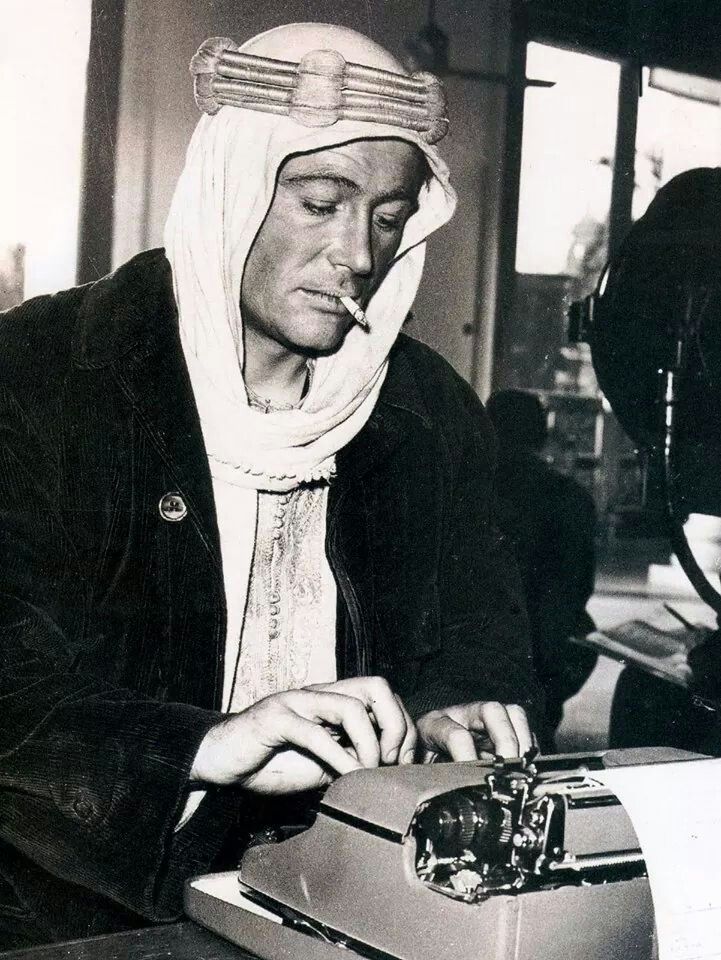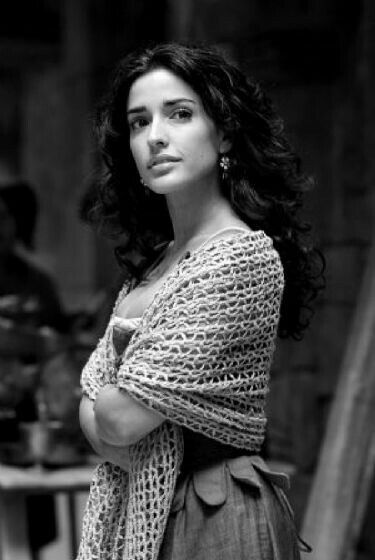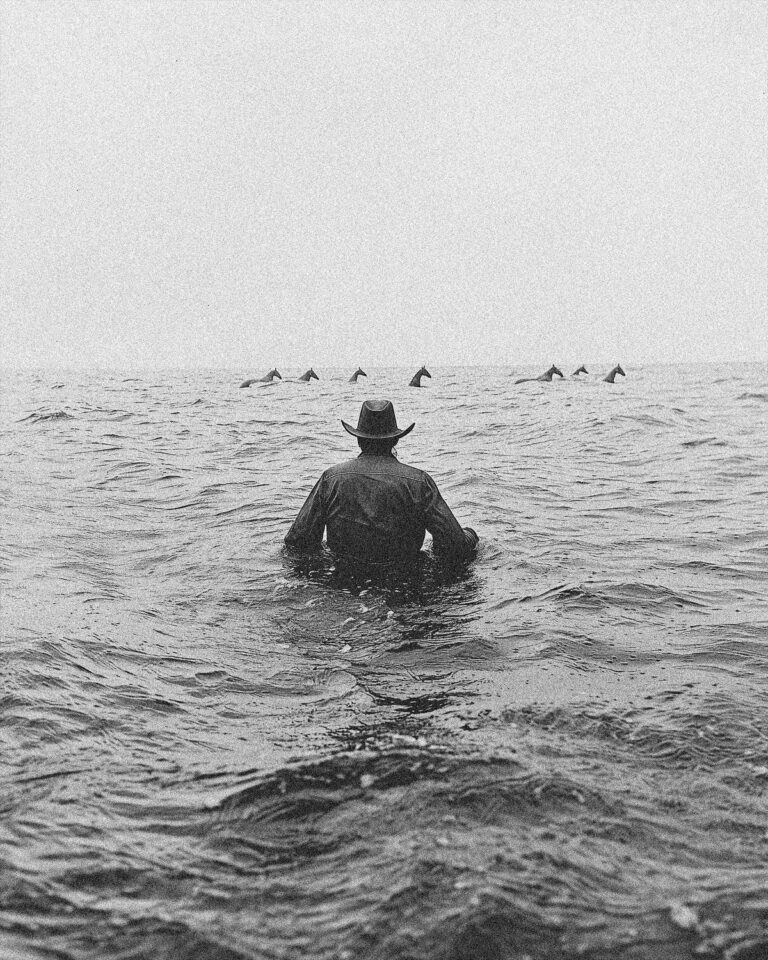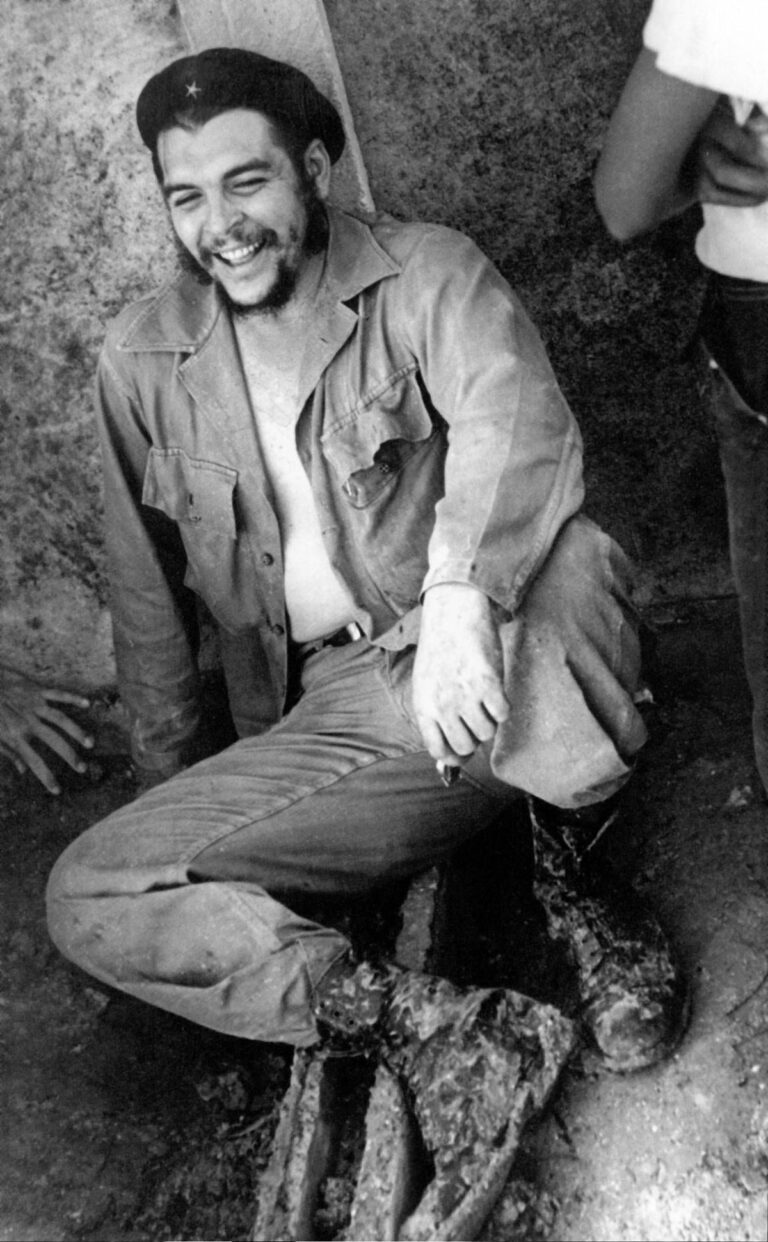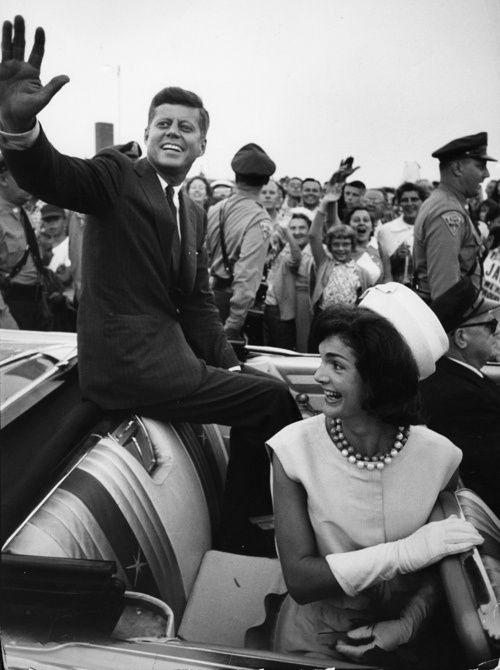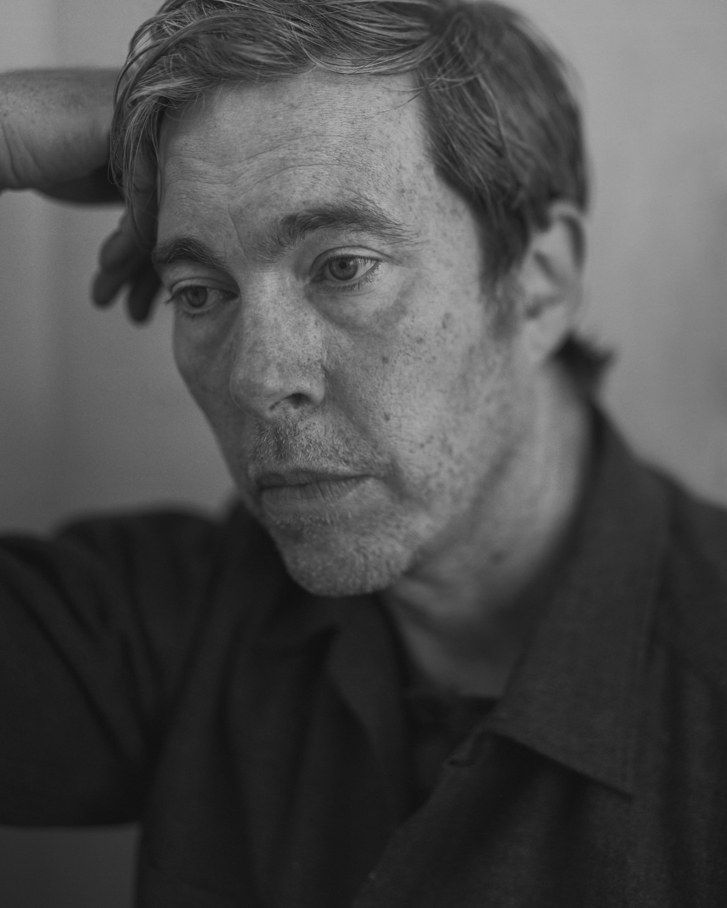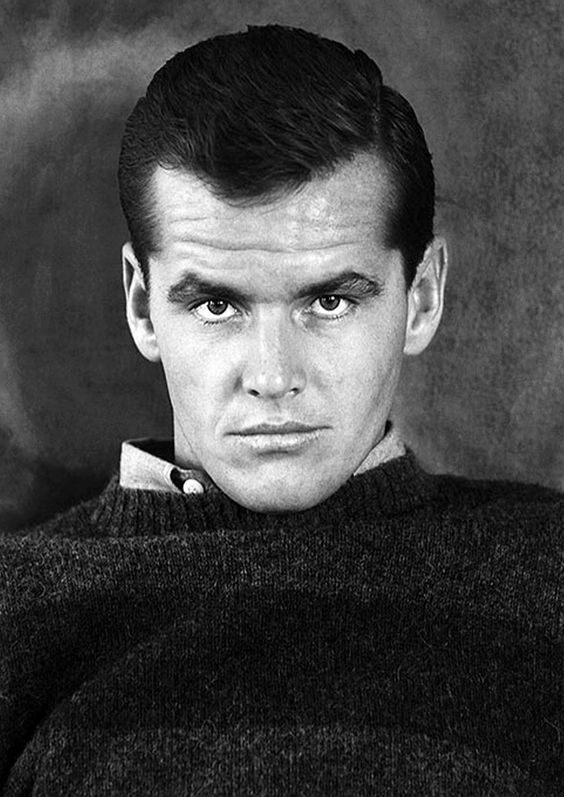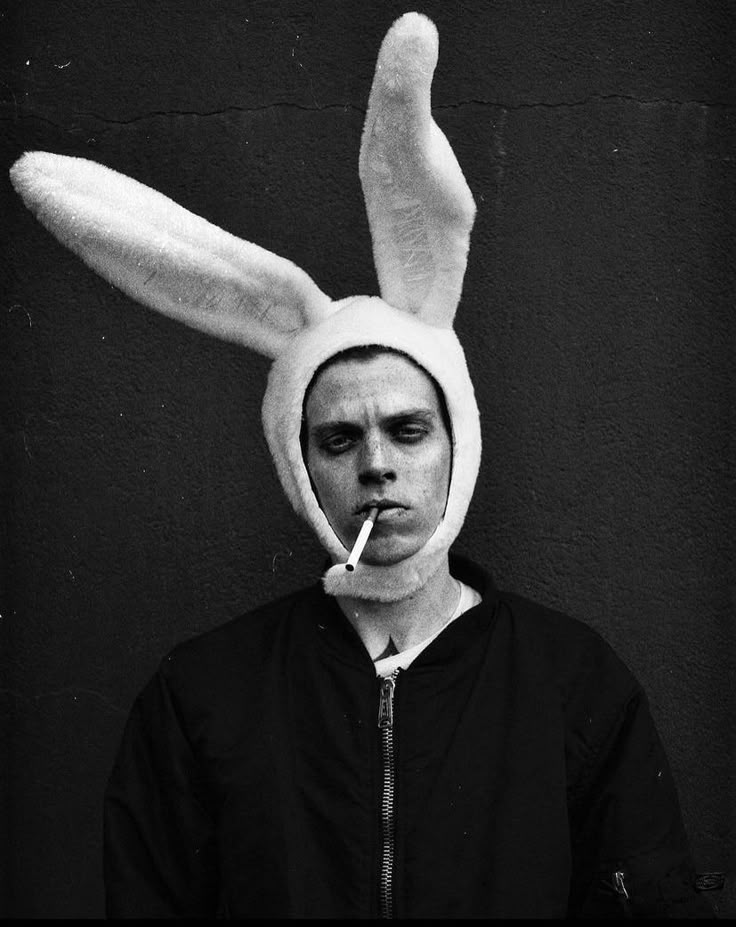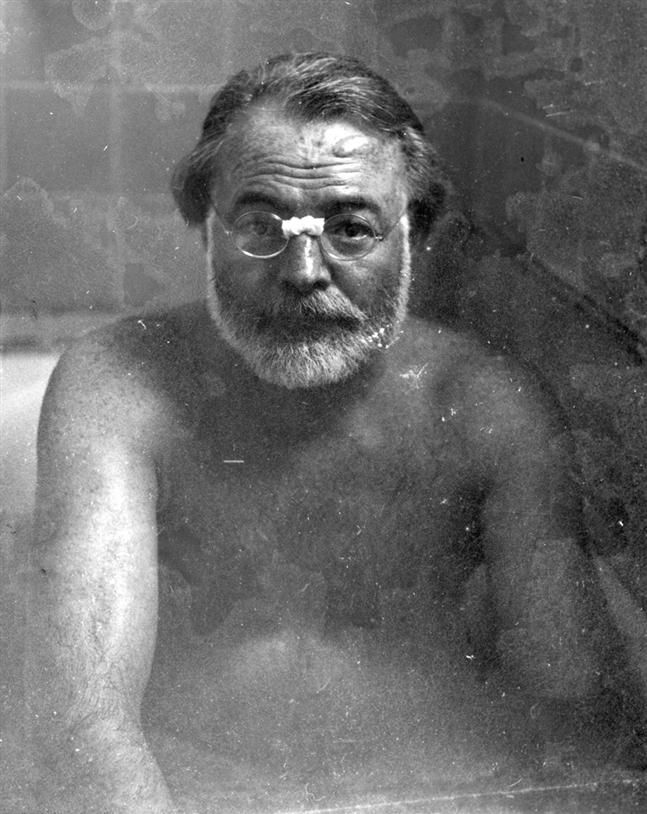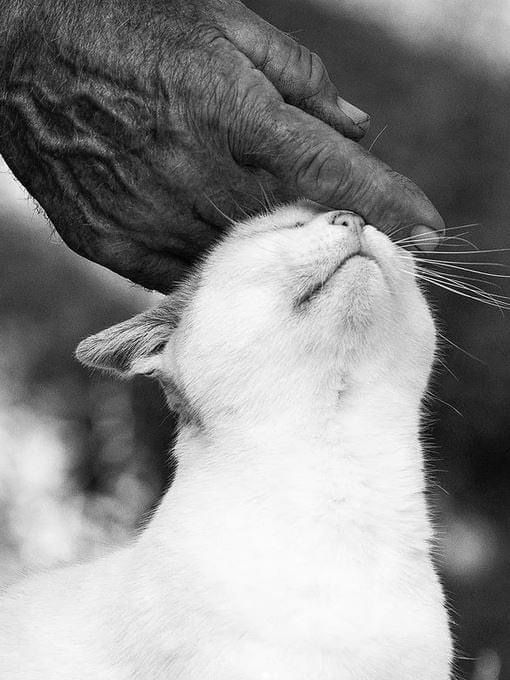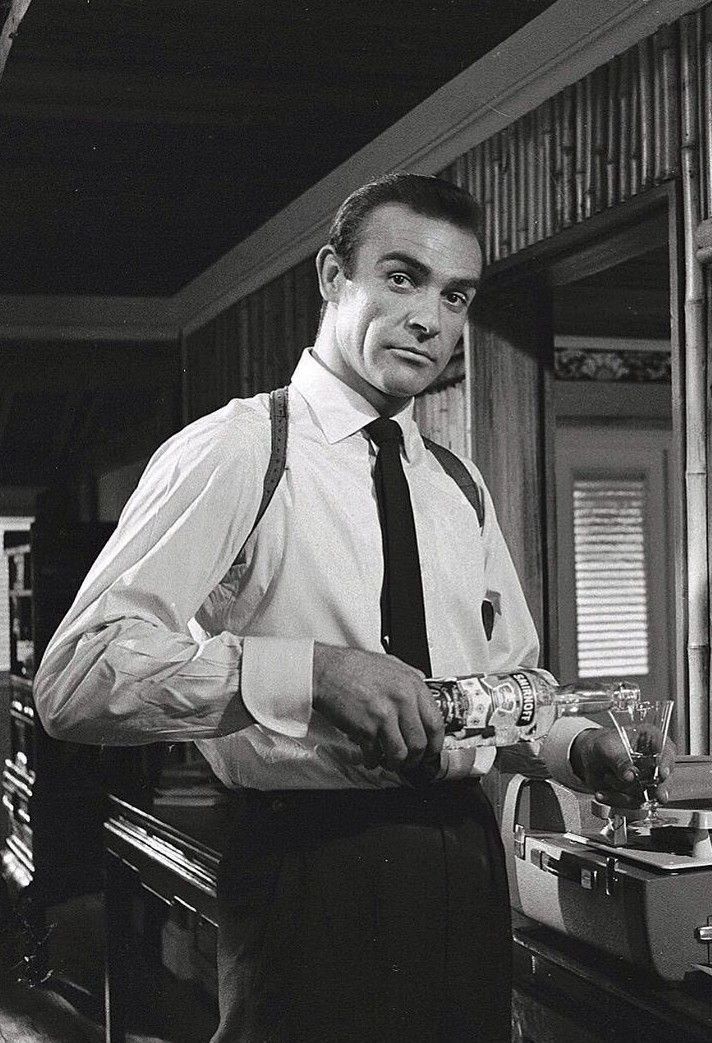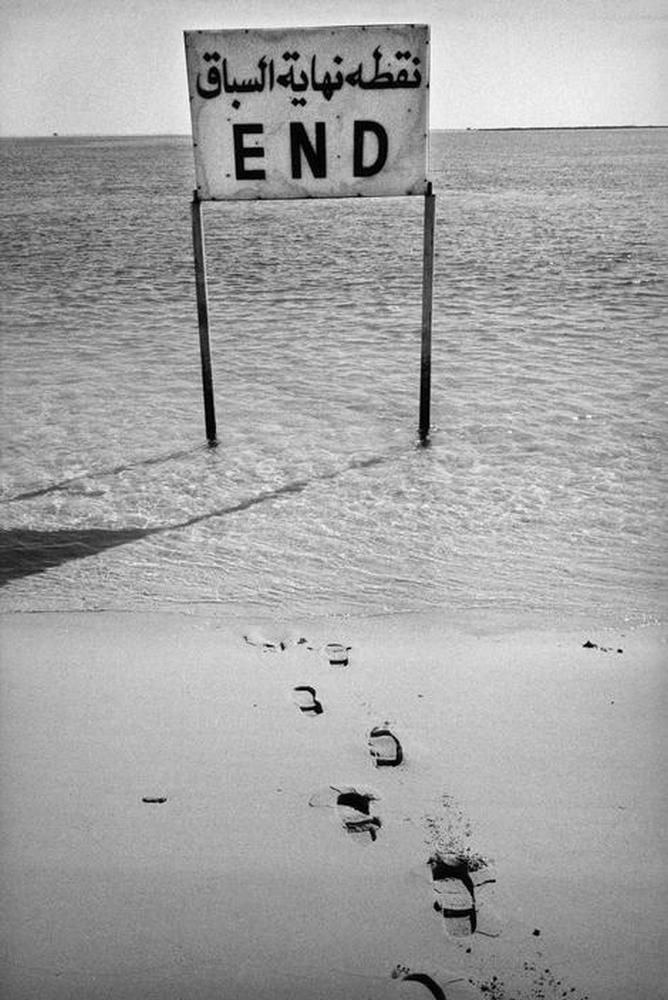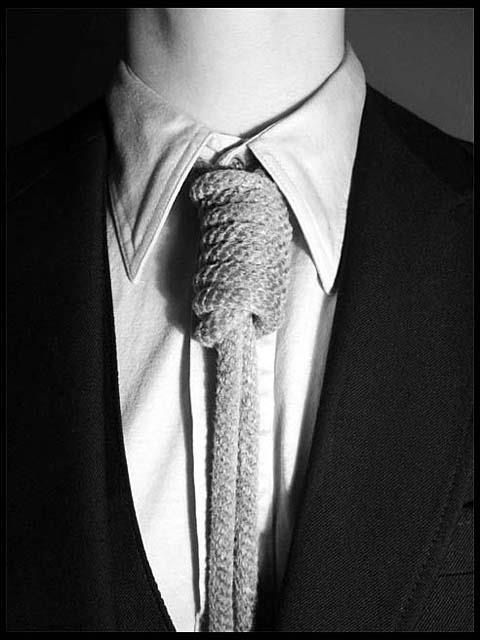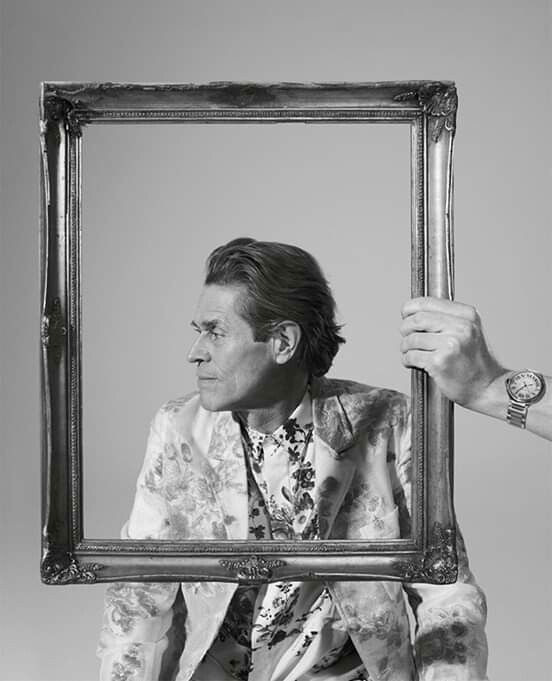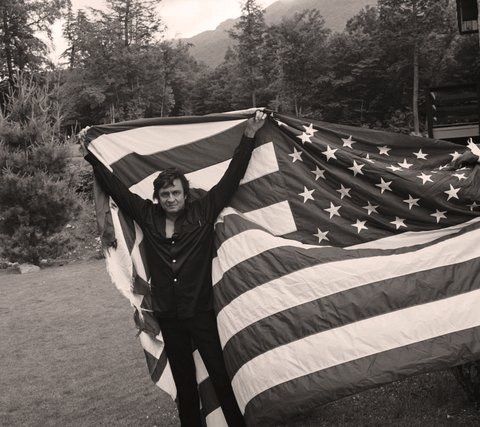Looking back now, at fifty-six, I can see him clearly. My father, a man driven by one singular, all-consuming obsession: saving every goddamn penny until retirement. He was a tightwad of the highest order, a miser who disguised himself as a provider. His idea of a future was buying broken-down houses in good neighborhoods, spending years and every waking, miserable moment fixing them up until they were pristine, and then selling them just to roll the profits into the next goddamn project. It was a rinse-and-repeat cycle of sawdust and greed that consumed him, and by extension, consumed us.
For his wife of thirty-five years and his three kids, this life was a joke. We weren’t a family; we were just supporting characters in his grand scheme for financial security. A traveling circus, packing up our lives every few years to move to the next “perfect project,” leaving behind schools, friends, and any chance at permanence.
My father wasn’t cruel in the way my mother was; he was indifferent, which is worse. An emotional void disguised as a man with a plan. His blue-collar, 9-to-5 mentality was his religion. He carried himself with a self-righteous air, a man convinced his way was the only way. My mother used to say of people like him, “They act like their shit don’t stink,” and she was goddamn right. His pursuit of perfection in his houses was matched only by his complete and utter imperfection as a father.
He wasn’t there. While he was hammering nails and patching drywall, our lives were happening somewhere else, in another room he never entered. His absence was a hole in every milestone he missed, every scraped knee, every heartbreak. His quest for a comfortable retirement completely undermined his chance to be a good father, and by the time he might have realized it, it was already too late.
When I was only two, he made the ultimate statement of his indifference. After the divorce from my mom got messy, he just signed me away. Paperwork and all. Gone. It wasn’t that he didn’t care; it was that he didn’t care enough. I was a bad line item on his life’s spreadsheet, so he deleted me.
After signing me off like a bad check, he retreated to the Sierra Mountains with his buddies, leaving my mother to her own revolving door of men. He escaped the chaos of family life, preferring the solace of campfires and fishing trips to the messy reality of being a father to the son he’d left behind.
Now, he’s deep into his seventies, hidden away in the mountains of Colorado. His marriage, the one he built after mine was torn apart, has become a hollow shell. Loveless, stagnant, a quiet monument to his emotional bankruptcy. It mirrors the empty houses he left in his wake.
His other children, my half-siblings, have all moved away, each one escaping for their own reasons, carving out lives as far from his long shadow as they can get. We’ve all scattered like ashes on the wind, each of us carrying pieces of his coldness we’d rather leave behind.
He sits alone now, surrounded by the fruits of his lifelong labor—a house filled with things, material wealth he can’t take with him, and memories that have to feel heavier with each passing year. His savings, his possessions, his perfectly staged, empty life—it’s all there. And yet, he has no one to share it with.
Enjoy the fruits, old man. They’re all yours.
Author’s Note:
My thoughts are this: that story is about a different kind of monster. The other stories, they’re about loud, obvious destruction. A mother’s rage, a stepmother’s quiet venom. They were active agents of chaos; they threw punches, literal or psychological.
This guy, your biological father? He’s a different kind of horror altogether.
His crime wasn’t hatred; it was indifference. It’s a quieter poison, but it rots a kid out just the same, maybe even worse. A person who hates you at least acknowledges you exist. A man who is indifferent to you? He’s already decided you’re a ghost. He signed you away at two years old because you were just a bad number on his life’s spreadsheet, a complication in his grand, penny-pinching plan.
He spent his whole damn life building houses but never once managed to build a home. He thought that if he could just get the numbers right, if he could just secure that retirement, then happiness would show up at the end like some kind of goddamn bonus check.
And the punchline, the grand, cosmic joke the universe played on him, is that he won. He got exactly what he worked for: a pile of money and a house full of things. And now he’s sitting on top of that pile, all by himself, in a loveless marriage with kids who scattered like ashes because they knew there was nothing there for them. He sacrificed his entire human life for a comfortable death.
It’s the most pathetic, most American tragedy I can think of.
So yeah, my thoughts are this: some men are destroyed by their failures. Your father? He was destroyed by his success.


